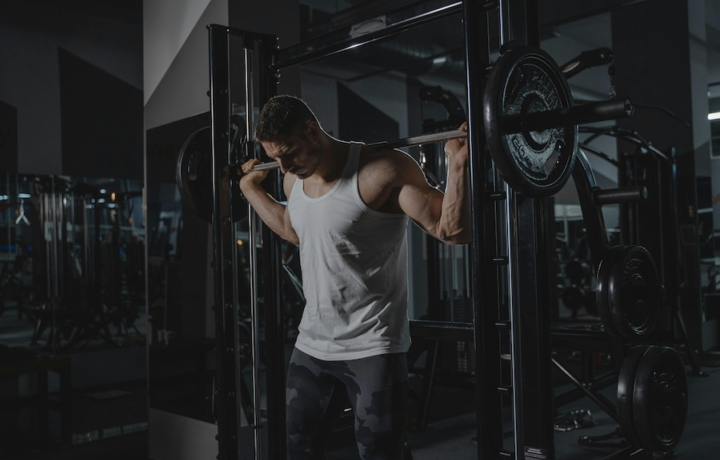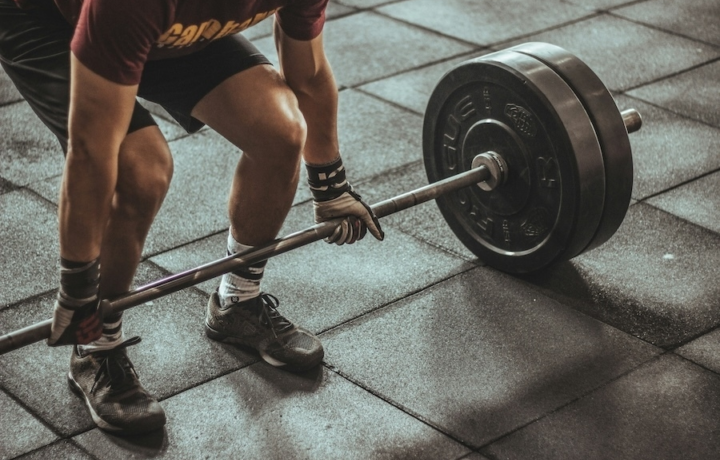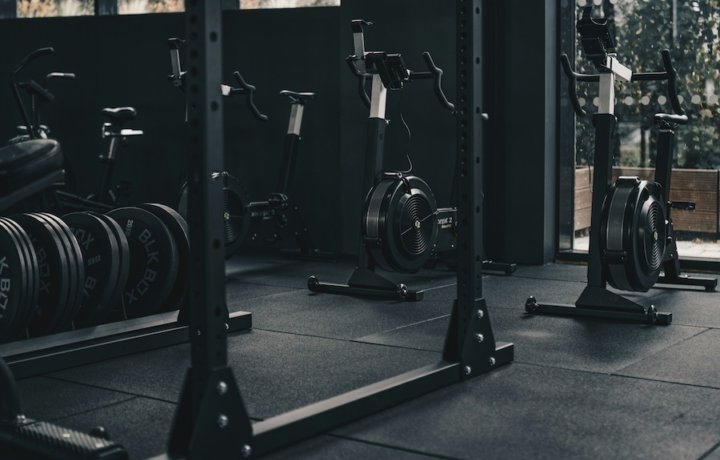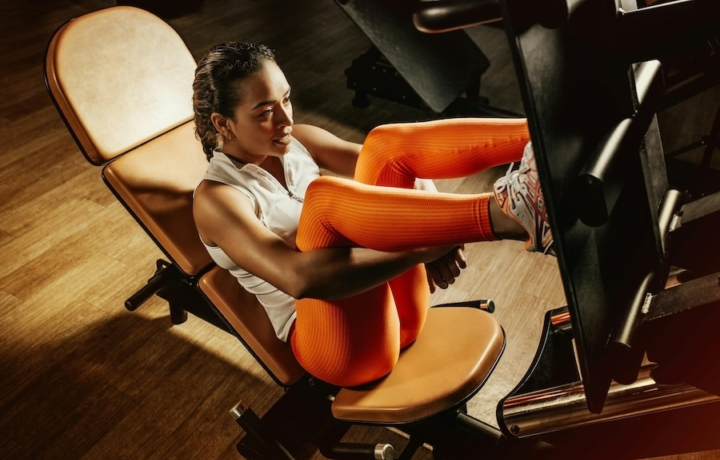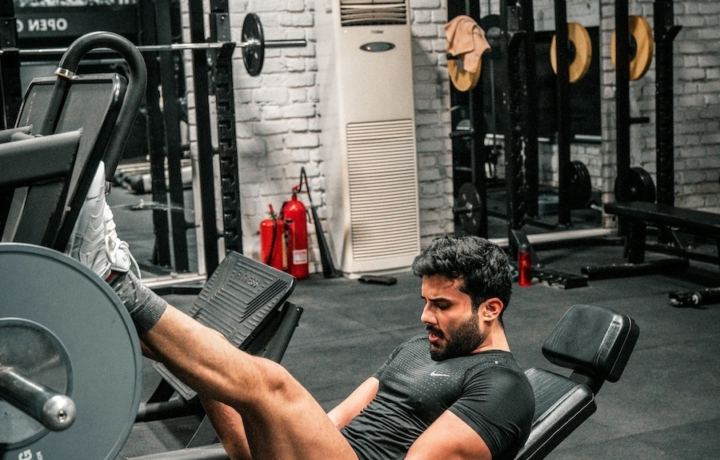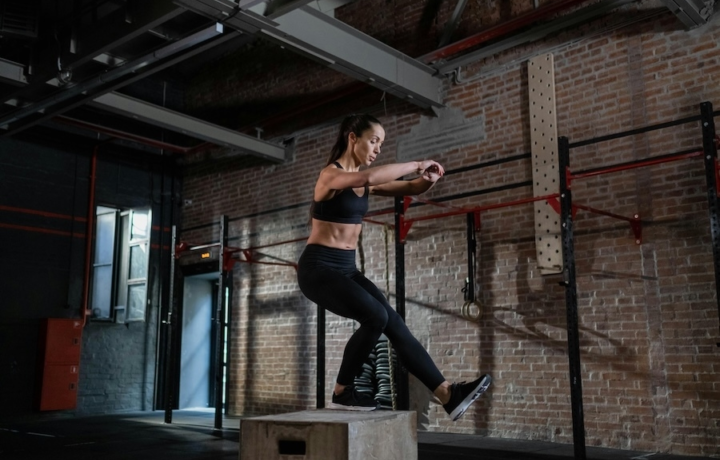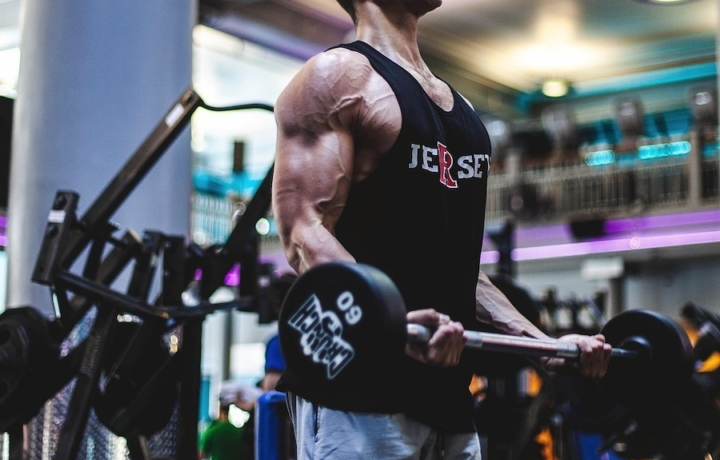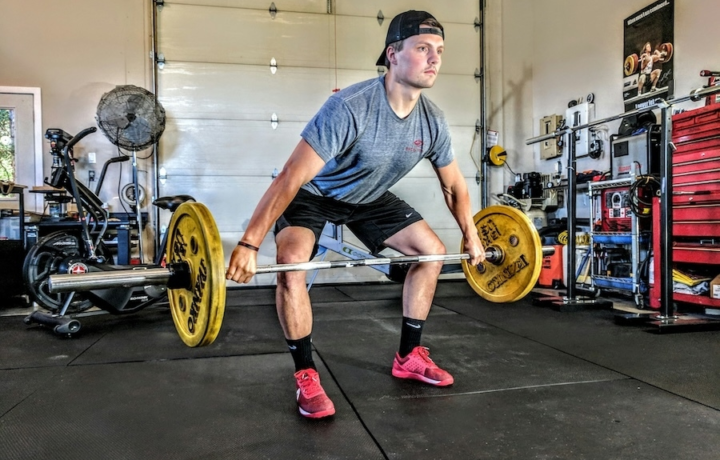Build strong, powerful quads for movement, strength and balance
Best Quad workouts
Quads (quadriceps) workouts target the front of the thighs and are essential for nearly every lower body movement. From squats and lunges to cycling and jumping, strong quads provide the force and control needed for powerful, safe motion. In these workouts, you’ll combine compound lifts like barbell squats and leg presses with isolation exercises such as leg extensions. Whether you’re training for strength, size, or athletic performance, your quads play a central role.
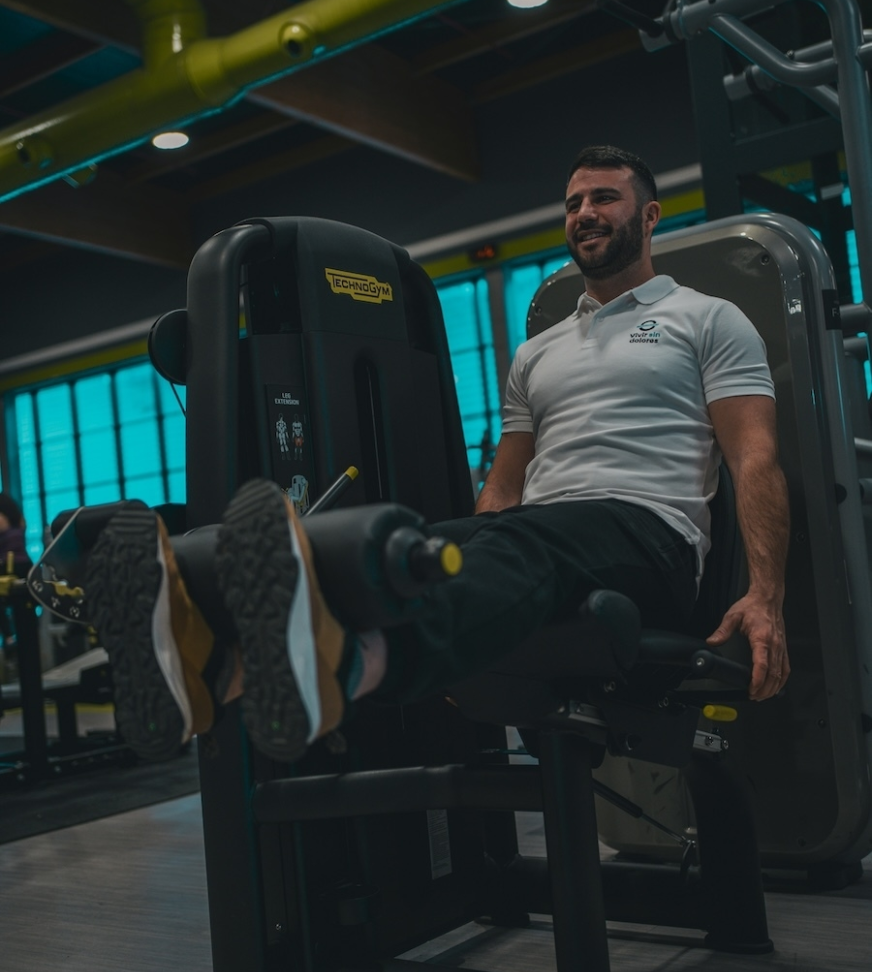
Workout 1 Quads (Foundational Strength & Mass)
This workout is all about building strong, solid legs. You start with bodyweight squats and leg extensions to warm up your knees and activate the quads. Then you move on to heavy barbell squats for strength, followed by Bulgarian split squats and step-ups to build balance and strength in each leg individually. Perfect if you want stronger, more defined legs and better lower body stability.
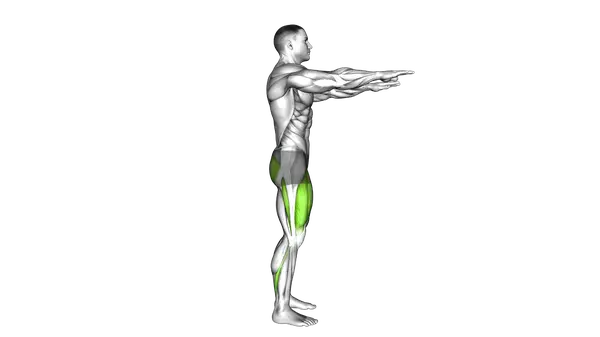
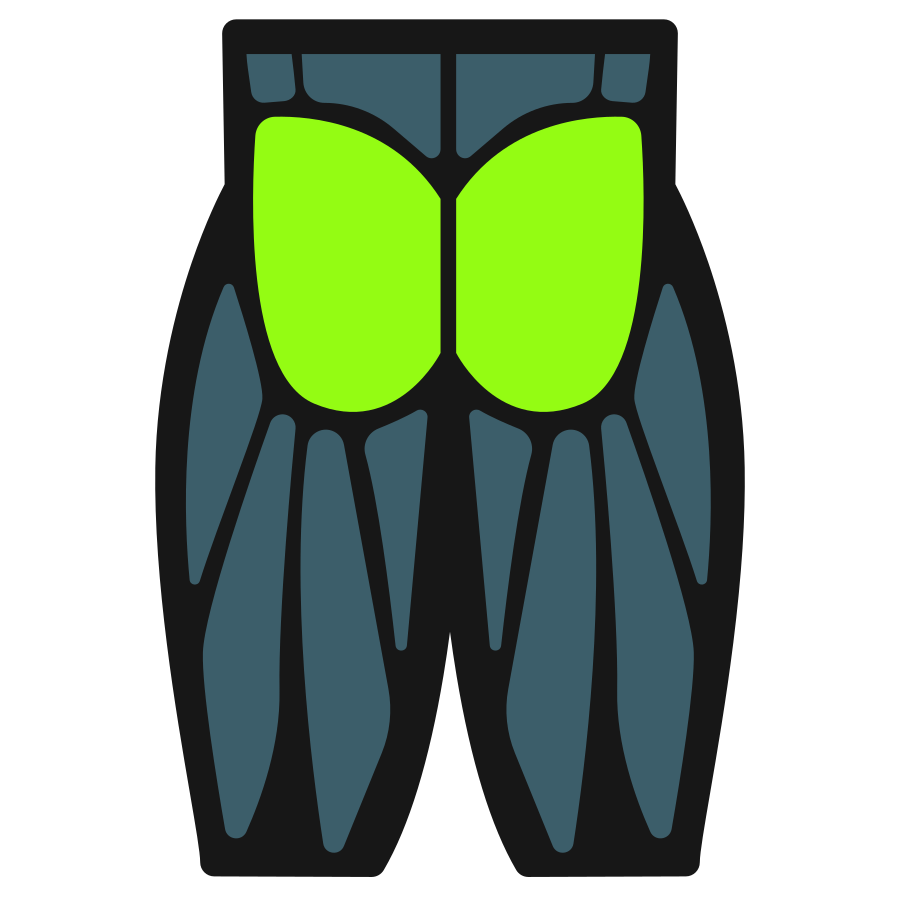
Bodyweight Squat
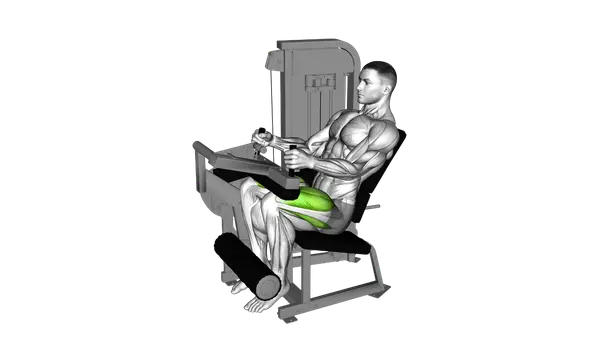
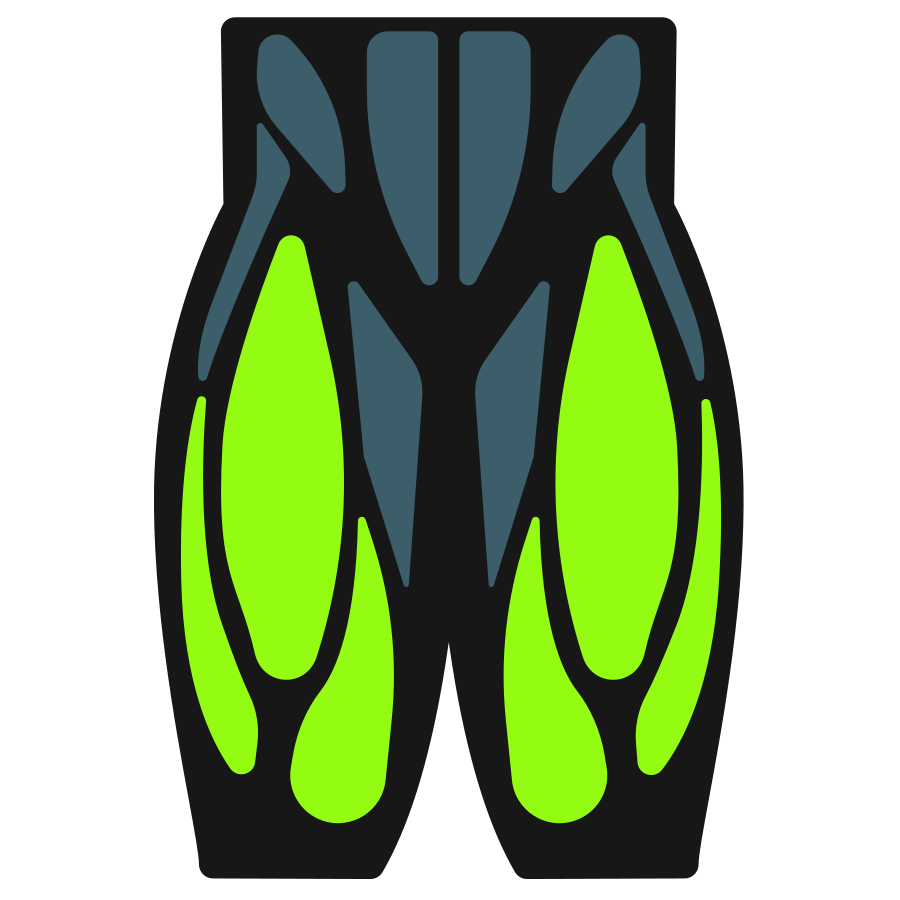
Lever Leg Extension
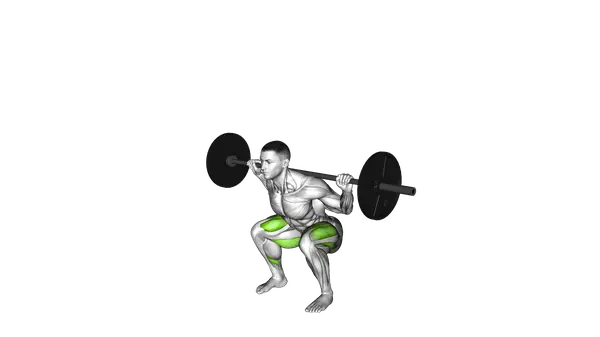

Barbell Squat
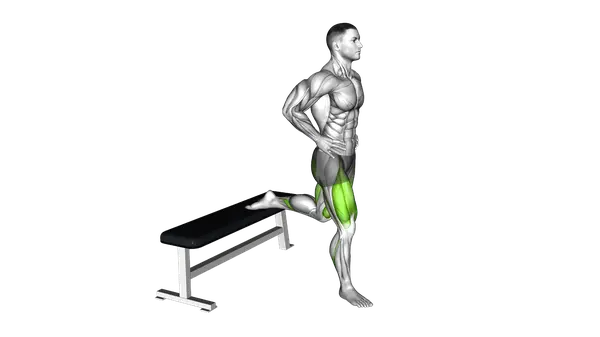

Bulgarian Split Squat
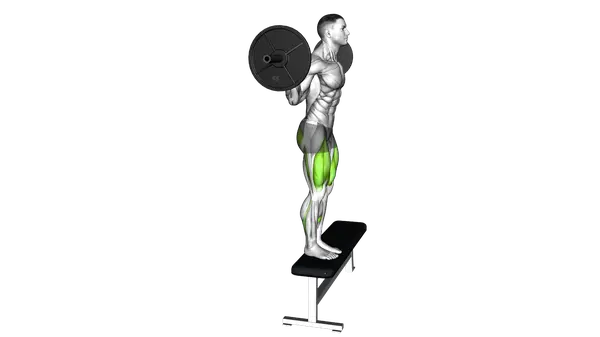

Barbell Step Up
The benefits of quad-workouts
Support Knee Health, Leg Strength, and Explosive Power
Training your quads improves leg strength, helps stabilize the knees, and increases performance in sports and daily activities. Strong quads reduce the risk of injuries, especially in the knees and hips, and improve efficiency in exercises like running, squatting, and jumping. Balanced development of the quads also contributes to the aesthetics of the lower body and prevents muscle imbalances that can affect posture and mobility.
Built for progress
Take the guesswork out of training
Create personalized AI-powered workout plans that evolve with you. Train smarter, track every rep and keep moving forward, one workout at a time.






Workout 2 Quads (Hypertrophy & Endurance)
This workout is entirely focused on building mass and endurance in your quads. Front squats and leg press provide significant strength, while extensions and lunges keep the tension on the muscles for that burning pump. Ideal if you want thicker legs that not only look strong but can also handle longer sets without giving up. Expect heavy work combined with volume; your quads will definitely feel this one.
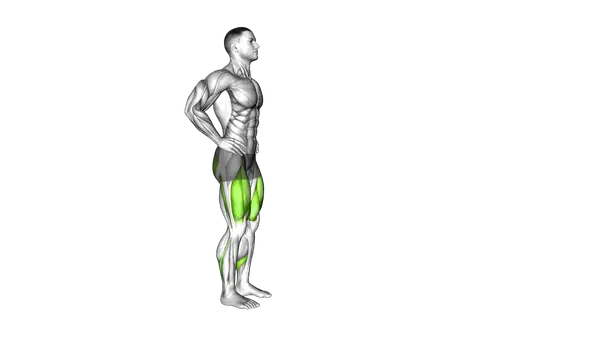

Forward Lunge
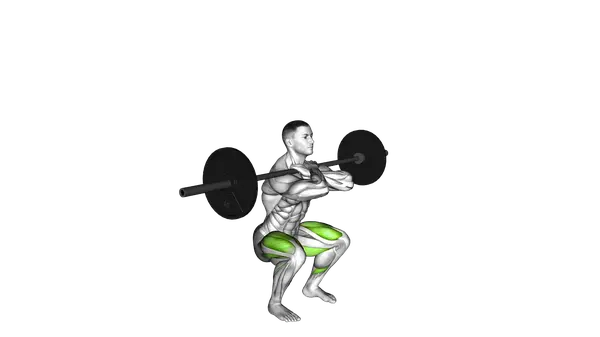

Barbell Front Squat
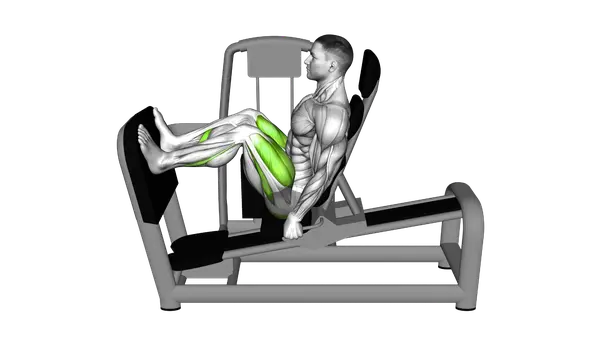

Lever Seated Leg Press


Lever Leg Extension
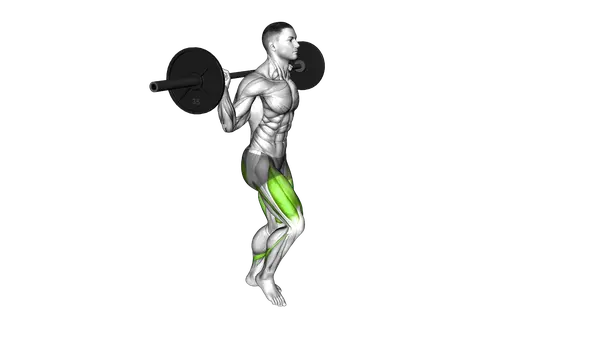

Barbell Lunge
Workout 3 Quads (Athletic Strength & Conditioning)
This workout combines heavy lifts with single-leg exercises to build both mass and stability. You squat for brute strength and then do lunges and step-ups to train each leg evenly and improve your balance. Extensions finish off the quads with a significant burn. It's an excellent choice if you want stronger, thicker legs and better control over daily movements or during athletic performance.
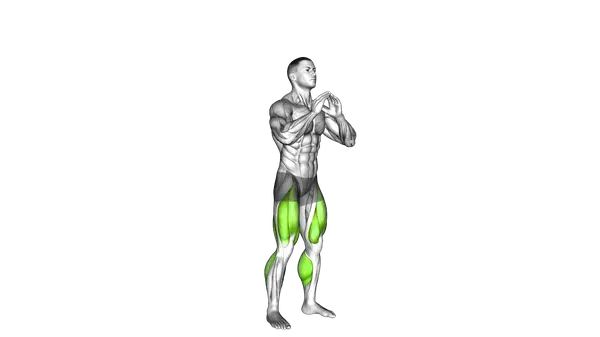

Jump Squat


Forward Lunge


Barbell Squat
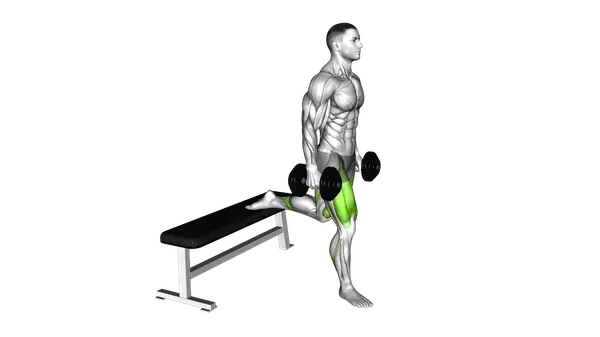

Dumbbell Single Leg Split Squat
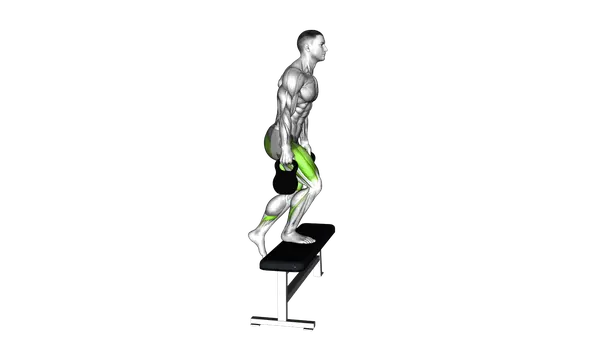

Kettlebell Step Up
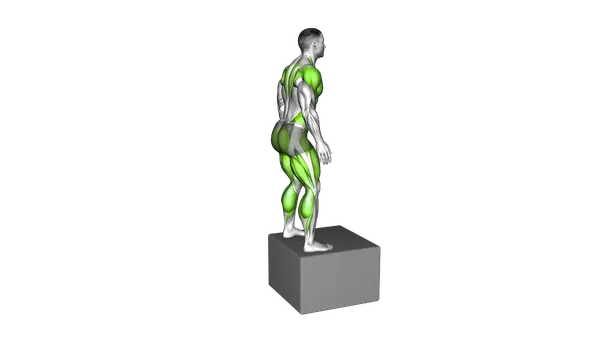

Jump Box


Lever Leg Extension
Log your workouts, track your progress, and unlock new exercises
Stay on Track with the App
For the best results, record every exercise in the app. Easily track your sets, reps, and rest times, visualize your improvements over time, and discover new workout ideas to keep every session challenging. Coming soon on iOS and Android.
FAQs: The Best Quad Workouts
Some of the best exercises for quad development include barbell back squats, front squats, leg presses, Bulgarian split squats, and leg extensions. Front squats place more emphasis on the quads than back squats due to the upright torso position. Bulgarian split squats add unilateral strength and balance, while leg extensions isolate the quads directly. Combining these exercises ensures complete quad activation and development.
Yes, many people successfully train both in the same session. However, if your goal is to emphasize quads (or if you’re doing a high-volume leg day), splitting your workouts into quad-focused and hamstring/glute-focused sessions can improve focus and reduce fatigue. The key is to maintain balance between the front and back of the legs to avoid strength imbalances and lower-body injuries.
Strong quadriceps are essential for knee stability. They help control the position of the kneecap and support the joint during movement, reducing the risk of injury. Weak quads can contribute to issues like patellar tracking problems and knee pain, especially during squats or running. Strengthening the quads improves balance, posture, and your ability to absorb force in dynamic movements.
Yes, you can stimulate quad growth with lighter weights or bodyweight exercises by increasing time under tension, using higher reps, slowing down the tempo, or adding techniques like pauses and drop sets. Lunges, step-ups, and sissy squats can be highly effective, especially for home training. That said, progressive overload—gradually increasing resistance—is still key for long-term muscle growth.
Training your quads 1–2 times per week works well for most people. This allows enough volume and intensity to stimulate growth while giving the muscle time to recover. If you split your leg days (e.g. quads one day, hamstrings/glutes another), you can train each group with more focus and higher quality. Make sure your programming balances intensity, volume, and rest.
Discover more training variations
Related Quad Workouts
Train smarter with weekly schedules
